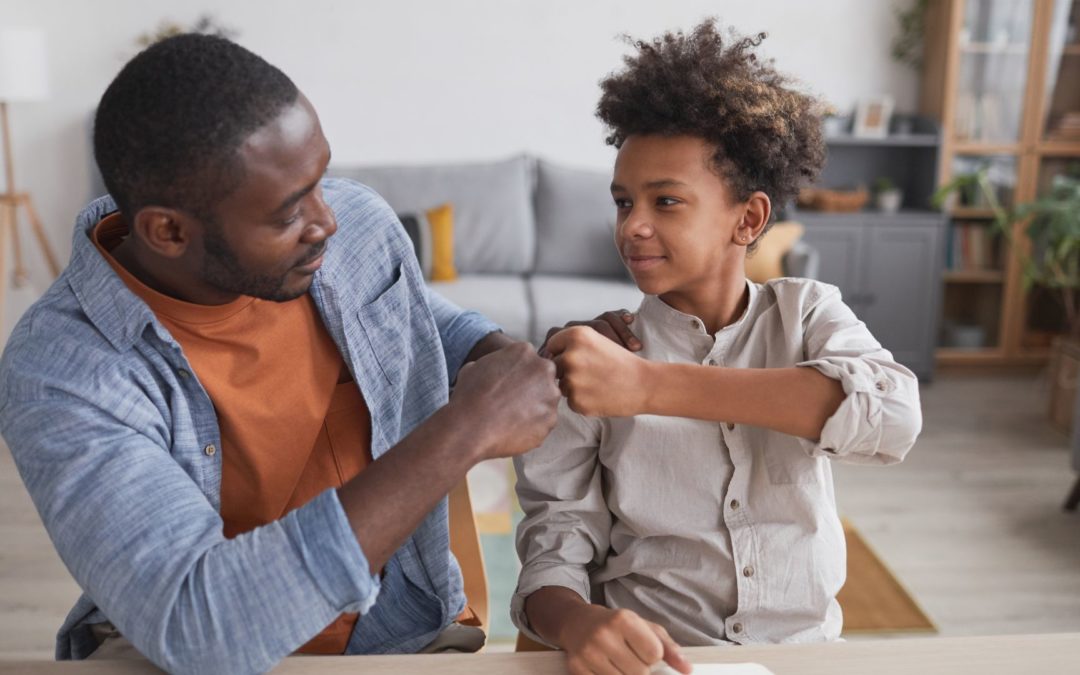By knowing how to argue constructively you can learn a lot about one another and how to sort out conflict when it comes around. Arguments require a level of trust, confidence and security. These are all attributes of a good, healthy relationship. Our friends at OnePlusOne have offered these tips on how to argue better…
Key points
- Recognise when it is not a good time to talk
- Resist blaming and criticising
- Respect your partner’s view
- Stop – when it is going nowhere
What works?
In relationships where conflict is dealt with successfully:
- Positive feelings outweigh negative feelings and behaviour
- Partners can stop conflict escalating
- Potential damage caused by conflict is reduced
Top Tips…
TIMING
Getting the timing right – try to choose a time when your partner is most receptive, and neither partner is tired.
APPROACH
Approaching the issue gently – try not to start with a negative or hostile comment.
COMPLAINT OR PERSONAL ATTACK?
There is a difference between a complaint and a personal criticism – choosing words carefully focusing on behaviour not personality or character.
TACKLE HEAD-ON
Tackling issues as they come up – not letting things fester or bottle up.
SENSITIVITY
Knowing each other’s buttons and what not to push – tread gently when on sensitive ground.
UNDERLYING ISSUES
Understanding that an argument can be a symptom of other things – make some allowances for outside stresses or deeper issues that can affect how either partner feels and behaves.
THEIR VIEW
Seeing where the other partner is coming from – respect each other’s point of view, even if ideas or feelings are different.
RESOLUTION
Not seeing it as a battle to be won or lost – arguments are about finding solutions to differences not just getting your own way. Take turns to have a say and be prepared to compromise.
DON’T ASSUME
Not second guessing – listening to what the other partner is really saying instead of making assumptions.
TACT
Learning what helps to stop things escalating. Get to know the small things that can be said or done when things are getting heated, perhaps using humour, acknowledging what your partner is saying, saying you’re sorry they are upset.
ACCEPTING PERPETUAL PROBLEMS
Every couple will have some issues that are too difficult to resolve, so trying will only lead to frustration, anger and “gridlock.” What seems to work is being able to “make peace” with the problem by communicating acceptance of their partner and using humour and affection.








